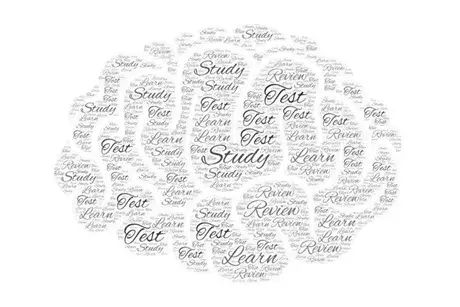Remember What You Learn!

The Law Library provides many resources to students for use in studying. The question becomes how to use those resources most effectively. It is not just a matter of selecting the tool best suited to an individual’s learning style. It is important to remember what is learned also. Studies show that a technique called “spaced repetition” can “help users retain knowledge for the long-term with less study time and greater retention rates.”
So what is “spaced repetition”?
Spaced repetition works by recognizing that if you try to learn something in a short period of time, you will forget a significant amount of it. This is generally referred to as the forgetting curve. By repeatedly reviewing and testing the information at steadily increasing intervals over an extended period of time, the amount of retained information is significantly increased. This is the testing effect. Combined, they are the backbone of spaced repetition theory.
More importantly, how can you as a law student take advantage of the benefits of spaced repetition?
One common method is by using flashcards. The flashcards can be made using paper or via an electronic app. There is even a software package focused on law students using spaced repetition as a tool for learning (for a price).
Some free flashcard apps which use spaced repetition concepts in their design are:
- Anki Flashcards (Windows/Mac/Linus/iPhone/Android)
- TinyCards (iOS, Android, Web and Windows Phone)
- TopGrA+de (iOS, Android, Wand Web)
The process of creating the flashcards combined with regularly using the flashcards whether paper or with an app like the ones above, can help you learn and retain more of what you learn for longer.
For sources of study materials in the library to use in creating the content for the flashcards, don’t forget the library’s Study Aids guides series. Guides are available for all of the first year courses and many of the second and third year courses. Hint: These are also many of the topics covered by the bar exam.
Finally, if you still have questions, Ask a Librarian!
Library Blog

